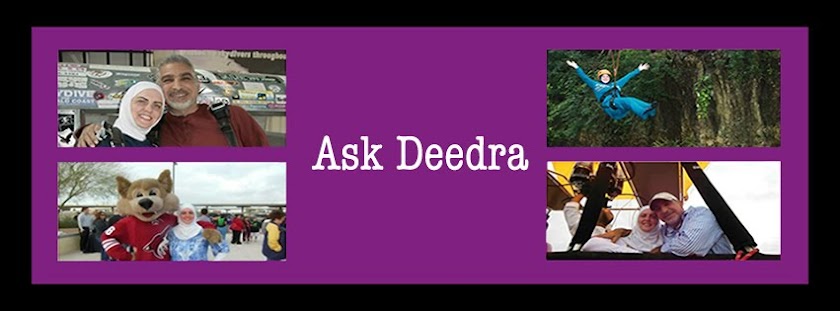Last time I visited Dubai I attended a wedding. For those
who do not know, weddings are usually a lavish affair in the Middle East. The
expected dress for men is at least a suit and for women somewhere along the
lines of a prom dress or a straight up ball-gown – regardless of age. Depending
on the family or individual preferences, the dresses can be anything from short
dresses, to mother-in-law dresses, to dresses conformed to full coverage
complete with the scarf.
To be clear, the religious service has already occurred, so
by American standards this would be referred to as the “reception”, but within
the Muslim culture, this is referred to as the “wedding” because it is
considered the “big announcement” and “first public appearance” of the couple
as a bride and groom.
This wedding, as is usually the case, was held at a very
fancy hotel in a banquet hall. Usually
the banquet hall is set up like any traditional banquet, large tables around
the room, but with a stage as the main focal point. It may also include a dance
floor as well as Disc Jockey or live music performer.
Once the majority of people arrive, the bride and groom
usually make a grand entrance and take their seats on the decorated stage where
they can observe their guests together.
Throughout the dinner service, usually a buffet
demonstrating generosity toward the guests, guests will approach the bride and
groom to give congratulations. Following dinner, the bride and groom will often
start the first dance, usually slow, and then guests will join them on the
dance floor. There are exceptions to the
dancing part, but usually, even if the bride and groom choose not to dance,
they will still set it up for the guests’ enjoyment.
We decided to leave the wedding and go home. As a group of
us waited at the valet for our cars, I noticed the hotel had a club. Yes, a
dance club. The entrance was near the area of the valet stop.


